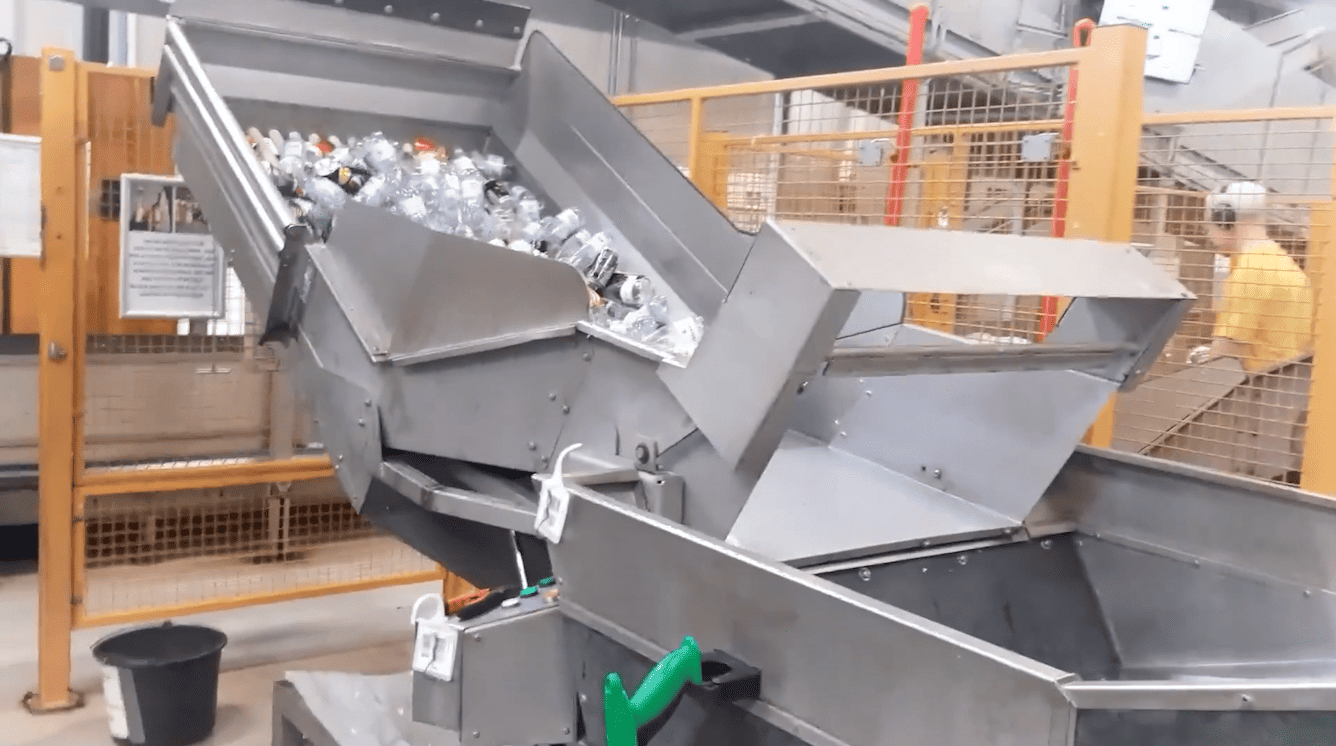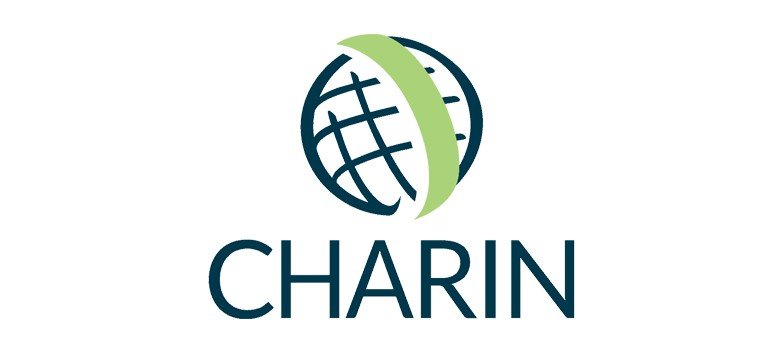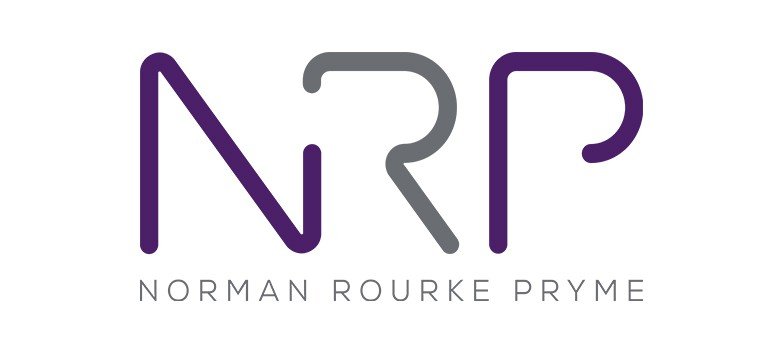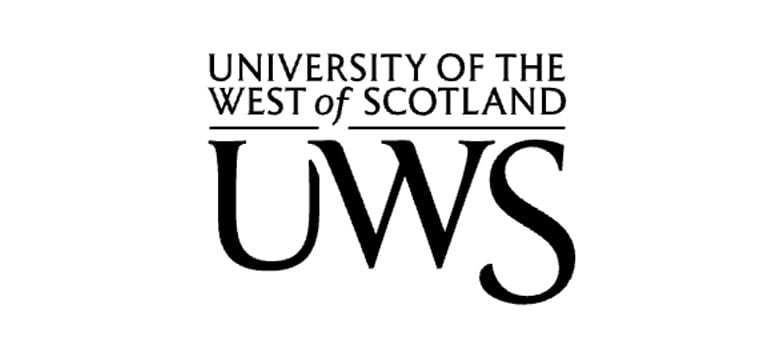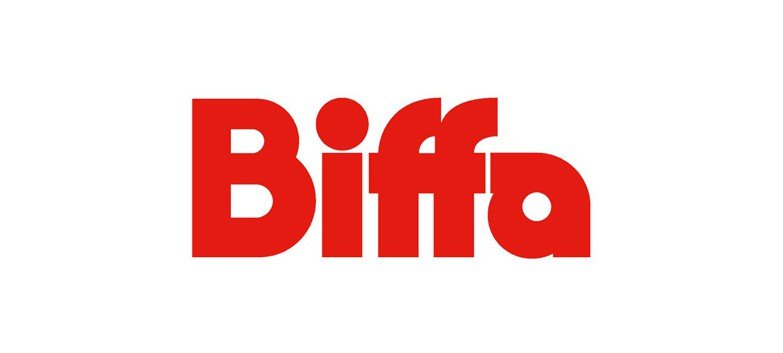Biffa has been at the forefront of the UK’s waste industry for more than 100 years, establishing itself as a leader in sustainable waste management that is enabling the circular economy. Founded in London in 1912 by Richard Henry Biffa, the company has expanded over the years, and today, it provides a diverse range of organisations with a host of different cost-effective, sustainable services to reduce and manage waste, lessening its impact on the environment and where possible transforming it into valuable resources.
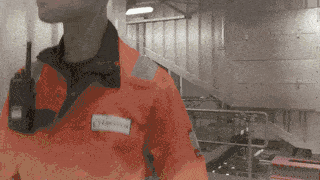
These services span commercial and residential waste management. Biffa delivers specialist solutions for packaging, food and hazardous material, and has specific industry solutions for food manufacturing and retail, as well as construction and demolition. Biffa also offers a variety of consultancy services to help businesses and organisations reduce the waste they generate, as well as recycle and recover more. The company’s expertise and experience also makes it an ideal advisor on relevant policies, compliance and legislation.
For example, Biffa offers expert advice on sustainable packaging, guiding clients through a process that helps identify opportunities to use alternative materials, redesign packaging, or change production processes to reduce waste and increase recycling rates. Biffa can also support the implementation of any recommended changes, providing a full end-to-end service where required.
“Biffa’s century-long legacy symbolises an unwavering commitment to transform waste into a valued resource, fostering a greener, sustainable future for communities across the globe”
With a national network of hundreds of depots, transfer stations, recycling plants, anaerobic digestion and energy recovery facilities and surplus retail outlets, Biffa has local teams embedded in communities across the UK. These local teams are active in the community, visiting schools to teach children about sustainable waste, encouraging biodiversity through Biffa Bees and volunteering to help with local initiatives.
In 2020, Biffa published its sustainability strategy based on three key principles: “building a circular economy”; “tackling climate change”; and “caring for our people, supporting our communities”. This strategy aims to unlock more than a billion pounds of investment in the green economy, reduce emissions in the company by 50 per cent, and ensure Biffa remains a top employer. To achieve these aims, Biffa is quadrupling its plastics recycling, investing in low carbon energy from waste, no longer buying fossil fuel trucks, increasing collection route efficiency, continuing to focus on health and safety and supporting the national Hope for Justice campaign to end modern slavery.
To date, Biffa has reduced its Scope 1 and 2 carbon emissions by almost 30 per cent compared to 2019. It has expanded its fleet of electric and alternative fuel vehicles to 120, while continuing to optimise collection routes. The company has grown its plastic recycling capacity to 167,000 tonnes, recycling over 10 billion items of packaging every year, and has also redistributed 109 million products through Company Shop Group, the Biffa surplus redistribution subsidiary, avoiding 41,445 tonnes of waste.
Ultimately, Biffa is helping to change the way people think about waste. Biffa believes that if people and businesses think differently about waste, they will act differently; more will be redistributed, reused, recycled or recovered, helping to reduce emissions, protect the environment and support communities across the globe.
